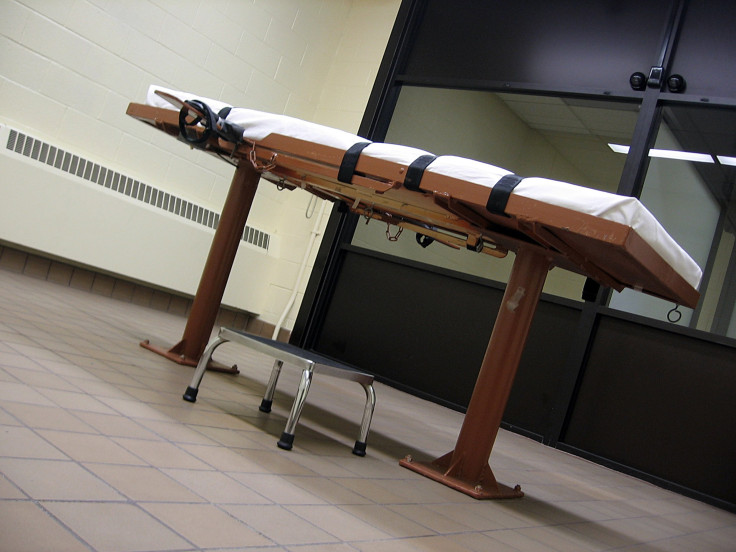Ohio To Delay All 2015 Executions; Tries To Secure New Drugs

Ohio will postpone all six executions scheduled for 2015 as it tries to secure a new supply of drugs and prepare a new procedure for executions following criticism, the state’s prison department said Friday.
The state’s public defender, Tim Young, praised the decision, saying executions should not resume “until we have answers to the numerous legal and medical questions posed by lethal injection,” the Associated Press reported.
The state stopped the use of its two-drug lethal injection combination earlier this month after the contentious and protracted death of an inmate last year. The drug previously used is a combination of the sedative midazolam and the painkiller hydromorphone.
This was the combination used in the execution of Dennis McGuire last January, which drew widespread criticism after McGuire was seen choking and struggling for over 10 minutes after the drug was administered. McGuire’s execution took a total of 26 minutes, the longest in Ohio’s history. The state has not executed any prisoners since then.
State officials announced last April that authorities would continue using the midazolam-hydromorphone combination, but at a higher dosage. However in May, a federal court ordered a stop to all executions until the drug combinations could be more thoroughly scrutinized, the Columbus Dispatch reported.
The moratorium ended earlier in January, but Ohio Governor John Kasich announced that the state would not put anyone to death until at least January 2016, the Guardian reported.
On Friday, state officials announced that the prison system wants to add sodium thiopental, used for lethal injections from 1999 to 2011, and pentobarbital as the two drugs used for executions in the future, Reuters reported. Ohio does not currently have either of these drugs.
Ohio and other states which practice lethal injection have faced trouble securing supplies of the necessary drugs, as pharmaceutical manufacturers refused to supply their products, not wishing to be associated with capital punishment. The sole American manufacturer of sodium thiopental, Hospira, stopped production in 2011 to prevent its use in capital punishment, and the Danish company producing pentobarbital has stopped sales to states which practice lethal injection, Time reported.
In December, Ohio passed a law which provides confidentiality to pharmacies preparing the necessary execution drugs. The law was challenged by four inmates on death row in a federal lawsuit, claiming that it violates their right to due process.
The next scheduled execution is that of Ronald R Philips, who has been sentenced to death for the rape and murder of his girlfriend’s three-year-old daughter. His execution has been rescheduled for January 2016, according to the Ohio Department of Rehabilitation and Correction.
© Copyright IBTimes 2024. All rights reserved.











